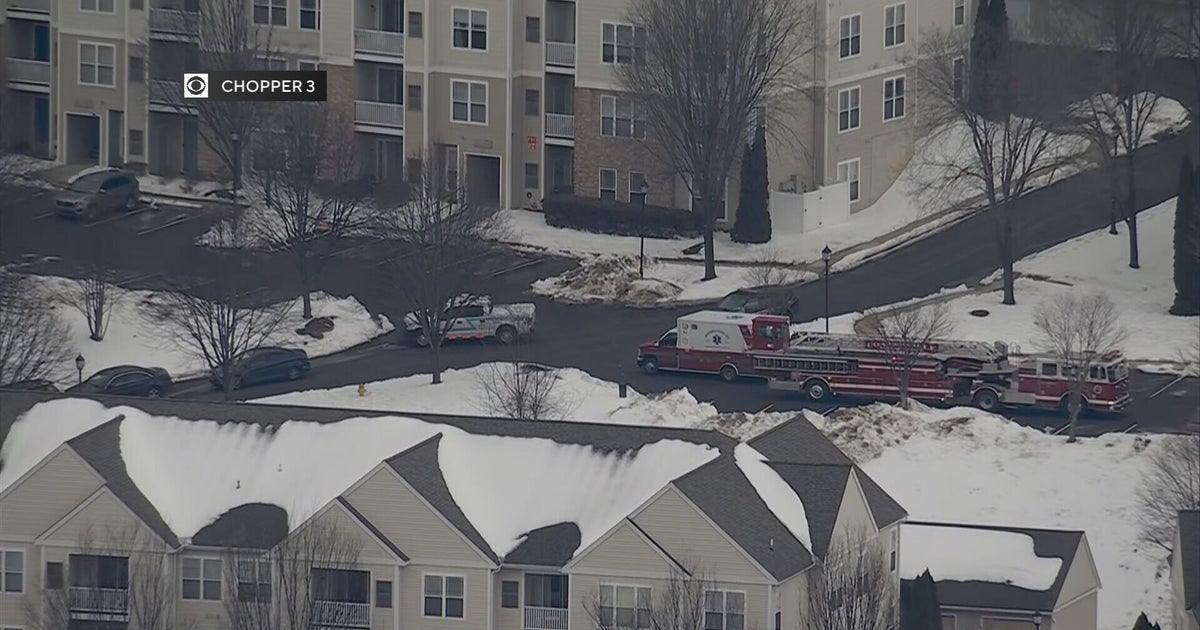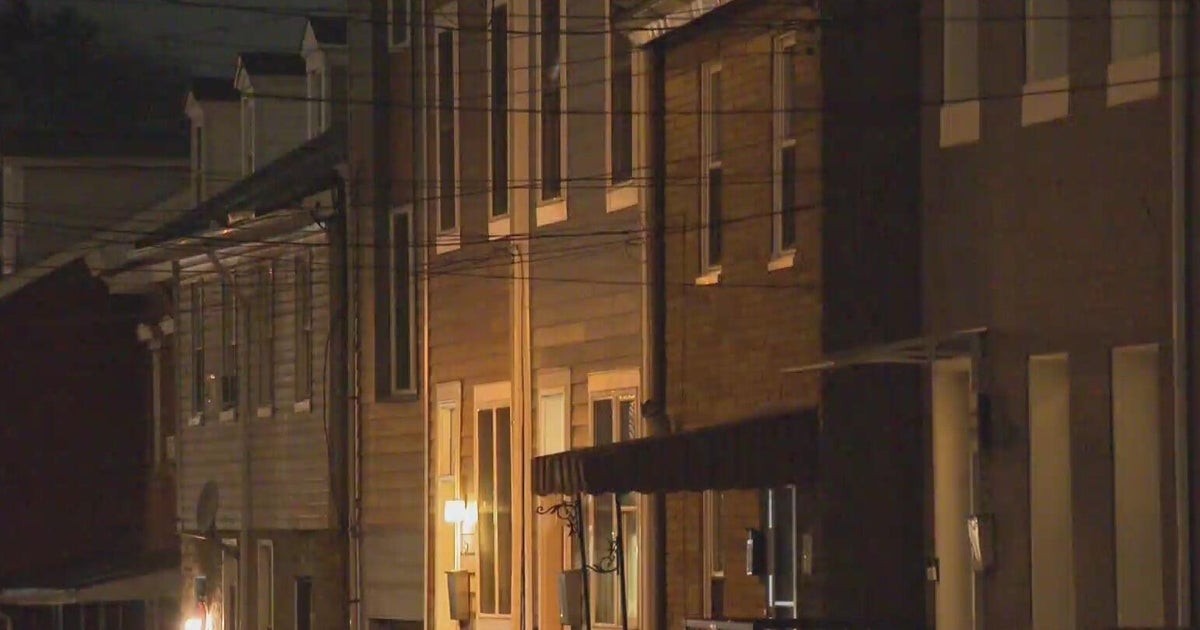California May Help Deal With High Infant Child Care Costs
SACRAMENTO (CBS13) - California may give between $25 and $35 million to child care programs statewide, in order held make daycare more affordable for families with children ages 0-3.
California is considered one of the 10 least affordable states for infant care, according to a 2016 Child Care Aware report. The average single person household spends 51% of median income on infant care. Child care rates can also differ; for example, the cost of providing child care for an infant is, on average, 61% higher than providing child care for a preschooler.
The state does offer Early Head Start and Head Start programs for families who qualify. The programs are federally funded and serve approximately 100,000 low-income families. However, according to Assembly Bill 452 introduced Monday, only about 7% of eligible children under age three actually have access to those programs. Approximately 14% of eligible infants and toddlers are enrolled in subsidized programs.
Research shows 3-year-old children enrolled in Early Head Start programs have better learning, social, and emotional skills, compared to those who do not participate in the program. Children who go to Head Start are also less likely to be overweight than low-income kids who don't participate.
SEE ALSO: California State Workers May Be Allowed To Bring Infants To Work For First 6 Months
If AB 452 passes, at least $10 million of the money would need to go to Early Head Start. Currently, the state provides no money to these programs; the federal government provides more than $1 billion.
The remaining money would go to other child care programs serving children ages birth to three in order to renovate and repair existing facilities, along with building new spaces, and adding portable classrooms.
Governor Gavin Newsom's state budget proposes investing $500 million in infrastructure to provide more child care and $750 million for kindergarten programs.
Several other bills introduced this session are also trying to deal with the state's child care crisis. AB 123 deals with Pre-K for All. It would expand the California State Preschool Program to include 4-year-old children who live in school attendance areas where 70% or more of the children are enrolled in free or reduced-lunch programs. The bill also aims to offer preschool classes for 3-year-old children who live in poverty.
READ ALSO: California May Require Lactation Rooms In All Workplaces
Currently, the state offers free Pre-K to approximately 175,000 low- and middle-income families.
In order to deal with the additional students who'd be attending preschool, Asm. McCarty introduced AB 124 to build new classrooms. The bill asks to place a $500 million bond on the 2020 ballot to pay for acquiring, building, or retrofitting classrooms.
AB 125 would increase rates to adequately compensate teachers and providers, along with offering financial incentives for ongoing professional development and for those achieving higher quality standards of care.







